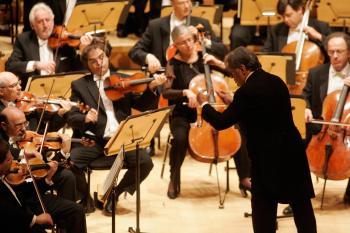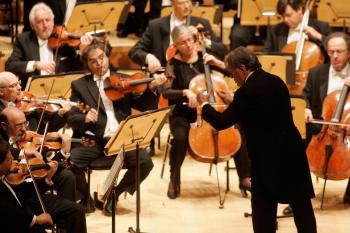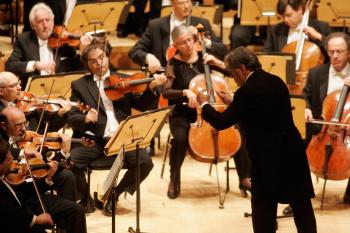Violin Concerto Born Out of a Great Friendship
One of Mendelssohn’s most popular works might not have been created without the loyalty and support of his friend.

POPULAR WORKS: Israeli Philharmonic under the baton of conductor Zubin Mehta performs Mendelssohn's 'Symphony No. 4 in A major Op 90,' also known as the 'Italian Symphony,' in Los Angeles in 2007. Hector Mata/AFP/Getty Images
|Updated:







